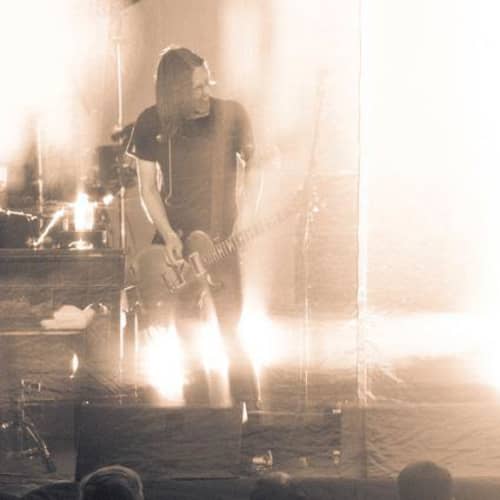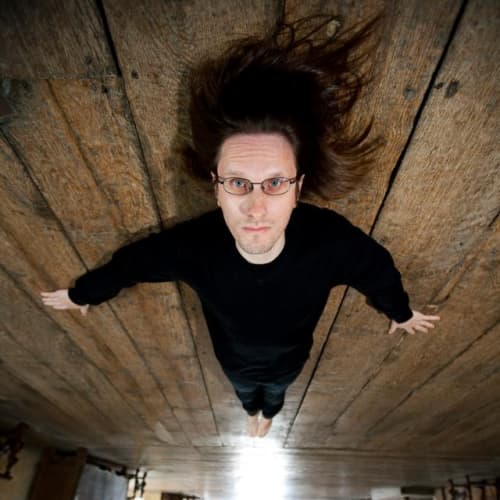Steven Wilson
One of the most eclectic and prolific artists in rock music, Steven Wilson has been writing, recording, and producing music continuously since the age of 10. A native of Hemel Hempstead in England, Wilson was first exposed to music at the age of eight, when he started hearing his father listening to Pink Floyd’s Dark Side of the Moon, and his mother to Donna Summer’s Love to Love You Baby, two albums that were pivotal in the development of his musical direction. His father, an electrical ... [ more ]
From
UK
Label
Kscope
Contact Info
Silva Screen reps masters for synch in the U.S. & Canada on behalf of Kscope. We can also assist in clearing publishing. Please send licensing inquiries to doug@silvascreenusa.com











Private Notes
Click here to add a private note. Private notes can only be viewed by you.